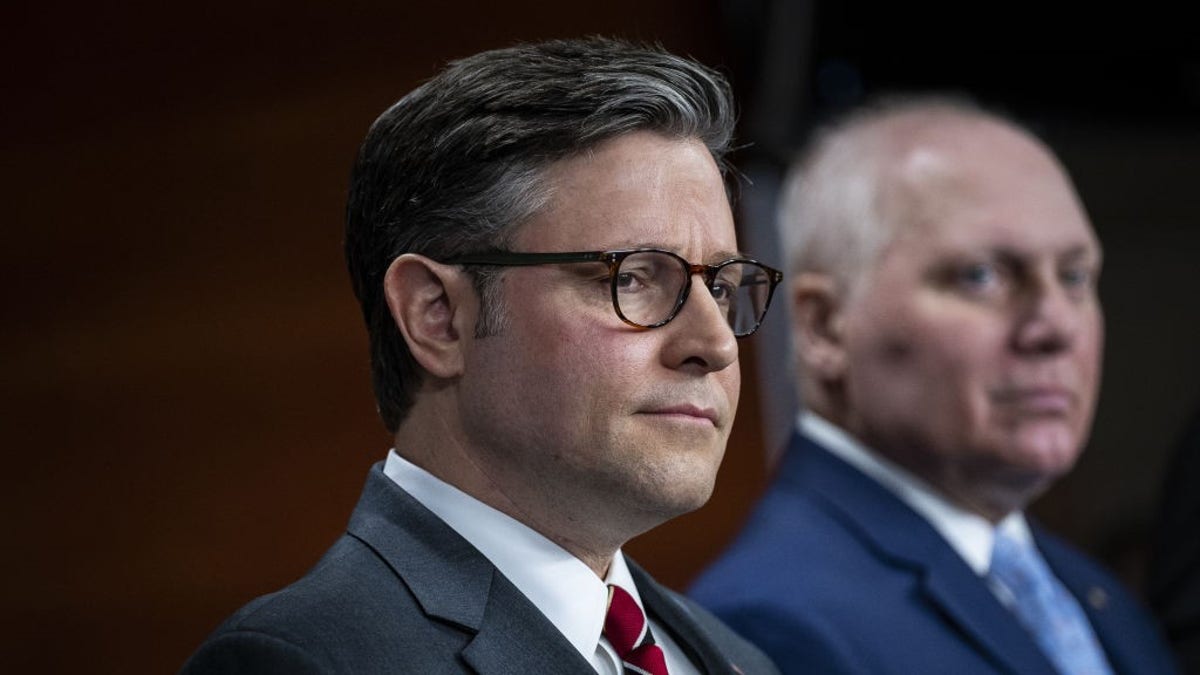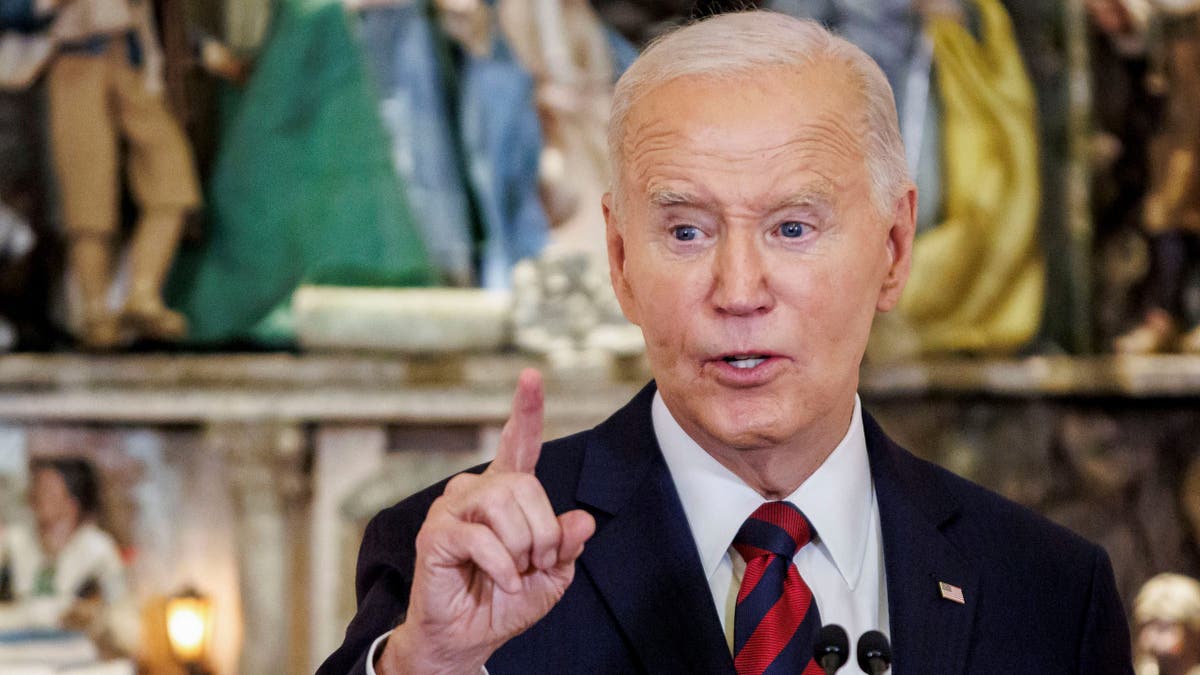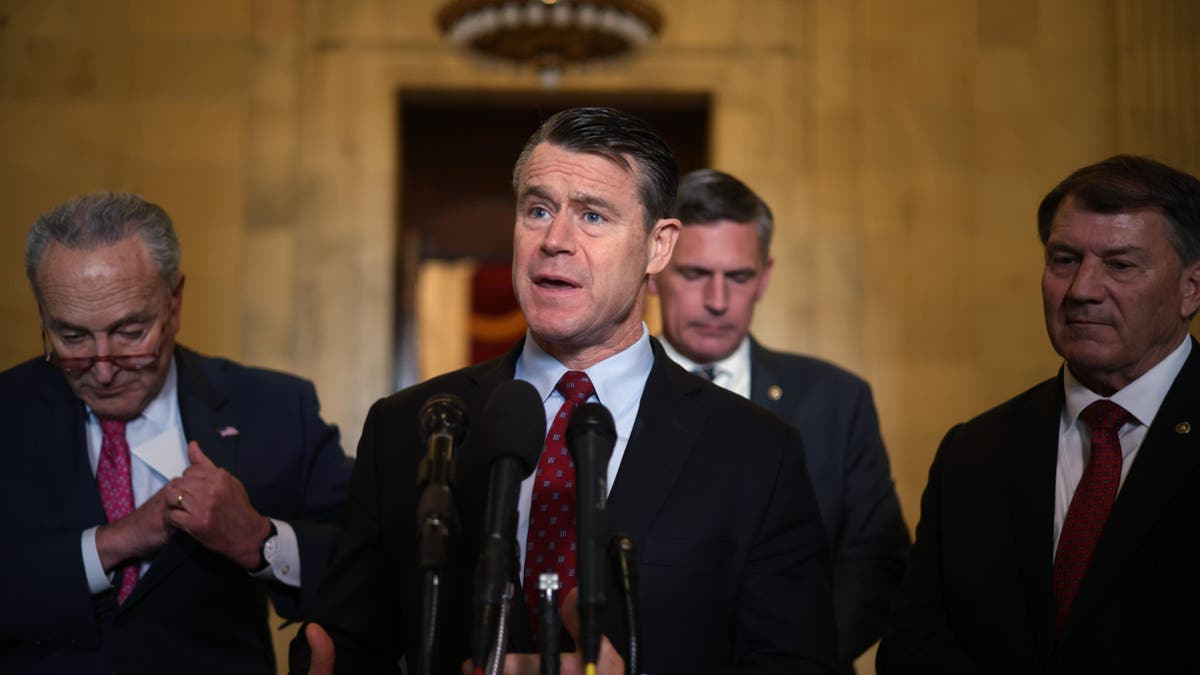In a move that has ignited partisan debate, the House of Representatives passed legislation to establish 63 new permanent district judgeships over the next decade. Twenty-two of these positions could be filled by former President Trump during his upcoming term. While the bill initially enjoyed bipartisan support in the Senate, where it passed in August under the name "JUDGES Act of 2024," the political landscape has shifted significantly.
The White House has signaled President Biden's intent to veto the legislation, citing concerns about the timing of the House vote and the perceived political motivations behind it. The administration argues that existing judicial vacancies and the contributions of senior status and magistrate judges should be thoroughly evaluated before adding new judgeships.

House Speaker Mike Johnson (R-LA) championed the bill, emphasizing its importance in addressing case backlogs and enhancing the efficiency of the federal court system. He criticized the Democrats' shift in stance, attributing it to the outcome of the presidential election. Johnson underscored that the need for additional judges should transcend partisan politics and focus on serving the American people's access to timely justice.
The bill passed the House with a 236-173 vote, securing support from 29 Democrats. However, Rep. Hank Johnson (D-GA), an initial co-sponsor of the bill, now opposes the measure, arguing against what he perceives as an attempt by Republicans to exert influence after the election's conclusion.

The White House statement further questioned the timing of the bill's passage, noting the House's delay in considering the legislation until after the election. The administration expressed concerns that rushing the appointment process would hinder a comprehensive assessment of the bill's implications, particularly regarding the allocation of judgeships.

Senator Todd Young (R-IN), a co-sponsor of the Senate version of the bill, urged President Biden to sign the legislation into law, highlighting its broad support from legal organizations and advocates. The bill's future remains uncertain, pending the President's decision.
Comments(0)
Top Comments